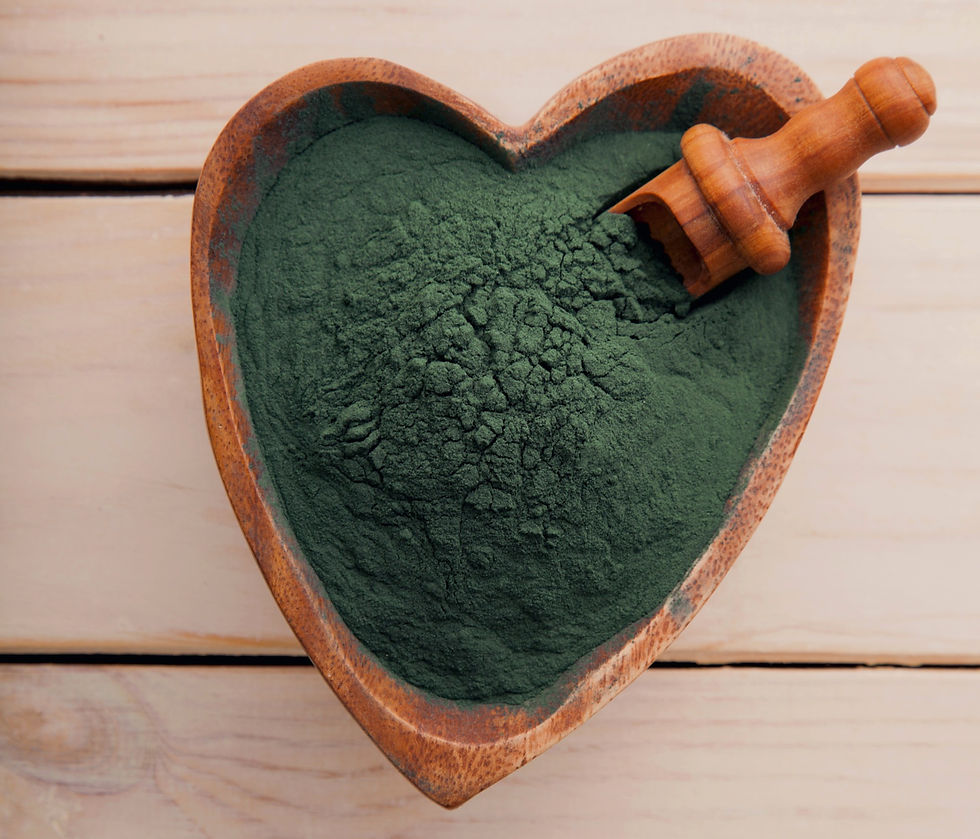Solutions for now... Solutions for a lifetime
- Andrea Vance
- Mar 12, 2020
- 3 min read
Updated: Mar 22, 2020
Here are the valuable resources that I have researched specific to their action on COVID-19 and their safety and value not must now but for better health for the rest of your life.
#1: Can't "beet" this...

One of the main benefits of red beets is its high level of nitrates. It has been documented that nitrates in beets can act to enhance sports performance as well as lower blood pressure. The good news is that despite the color difference, golden beets also contain a similar level of nitrates. Whichever beet you choose, you will not lose out on health benefits of nitrates.
What’s unique in golden beets is the other nutrients commonly found in other yellow and orange vegetables. Vitamin C, Vitamin A, beta-carotene, flavonoid and zeaxanthin are also present in golden beets. [1]
Our body converts the nitrates in beets into nitric oxide, why does this matter? Continue reading...
As large DNA viruses encode multiple and diverse immune modulators to disable [our bodies] interferon system [part of the innate or first response aspect of our immune system], it appears that the nitric oxide pathway serves as a secondary strategy to protect the host against viral infection in key cell types, such as fibroblasts [fibroblasts to participate in antigen presentation to our immune system T cells], that largely rely on the type I interferon system for antiviral protection.

There are other innate molecules activated during a viral infection that play a role in the bodies antiviral response. One such molecule is nitric oxide.
Endogenously produced nitric oxide has many biological functions including smooth muscle relaxation and neurotransmission. This molecule also plays an important antimicrobial role against numerous pathogens. Although the antibacterial effects of nitric oxide are well appreciated, nitric oxide is also effective in the clearance of viruses, particularly DNA viruses.[2,3]
#2: Vit-D3
Sufficient levels of Vitamin D reduce your risk of infectious disease by strengthening your innate immune system. Vitamin D turns on key peptides in your immune system that trigger a strong anti-microbial response, allowing you to quickly and effectively fight off invaders before they can develop into a full-blown infection. [..] Vitamin D insufficiency may lead to dysregulation of human immune responses and may therefore be an underlying cause of infectious disease and immune disorders. The [linked below] current review describes the key mechanisms associated with vitamin D metabolism and signaling for both innate immune (antimicrobial activity and antigen presentation) and adaptive immune (T and B lymphocyte function) responses.[4]
#3: Zinc
Zinc is crucial for normal development and function of cells mediating innate immunity, neutrophils, and NK cells. Macrophages also are affected by zinc deficiency. Phagocytosis, intracellular killing, and cytokine production all are affected by zinc deficiency. Zinc deficiency adversely affects the growth and function of T and B cells. The ability of zinc to function as an anti-oxidant and stabilize membranes suggests that it has a role in the prevention of free radical-induced injury during inflammatory processes.[5]
#4: Vit-C
Vitamin C contributes to immune defense by supporting various cellular functions of both the innate and adaptive immune system. Vitamin C supports epithelial barrier function against pathogens and promotes the oxidant scavenging activity of the skin, thereby potentially protecting against environmental oxidative stress. Vitamin C accumulates in phagocytic cells, such as neutrophils, and can enhance chemotaxis, phagocytosis, generation of reactive oxygen species, and ultimately microbial killing. Furthermore, supplementation with vitamin C appears to be able to both prevent and treat respiratory and systemic infections.[6] Plant based is preferred and low temperature dried and powdered and utilized as a supplement/flavor additive. Consider Acerola Cherry, Amla, CamuCamu [7]



Comments